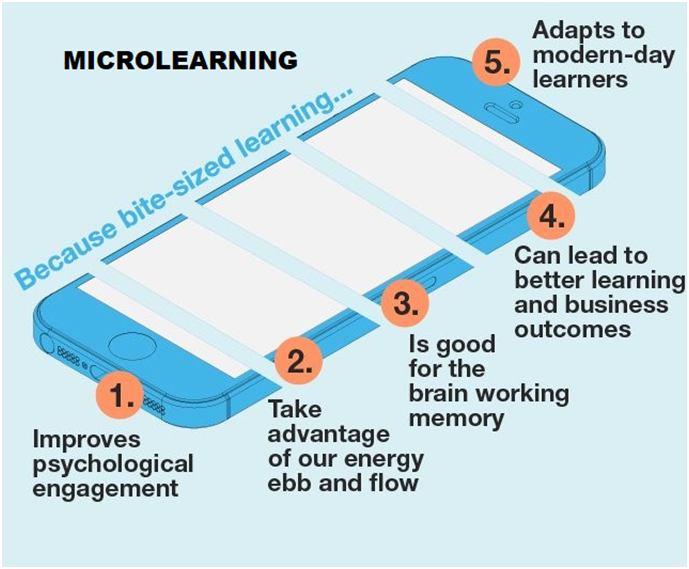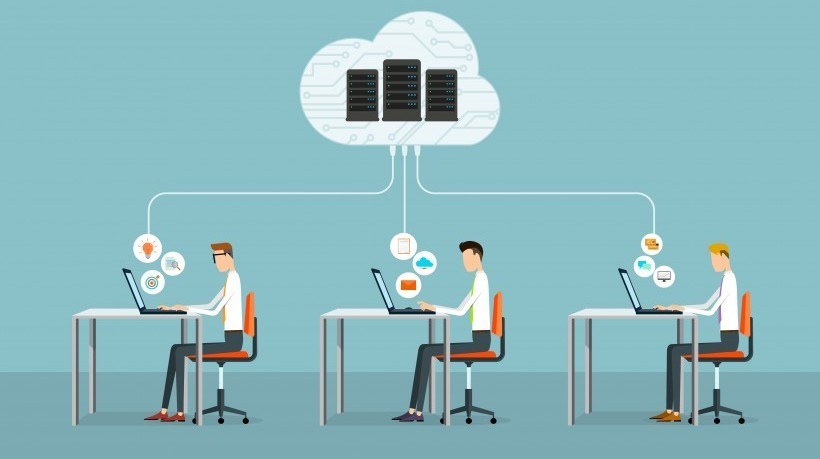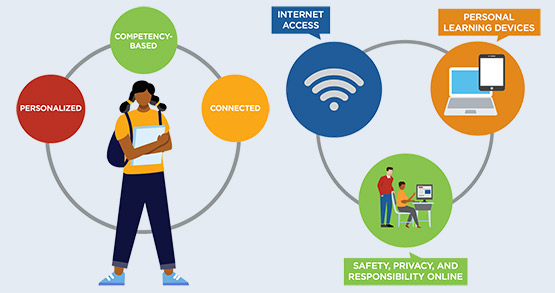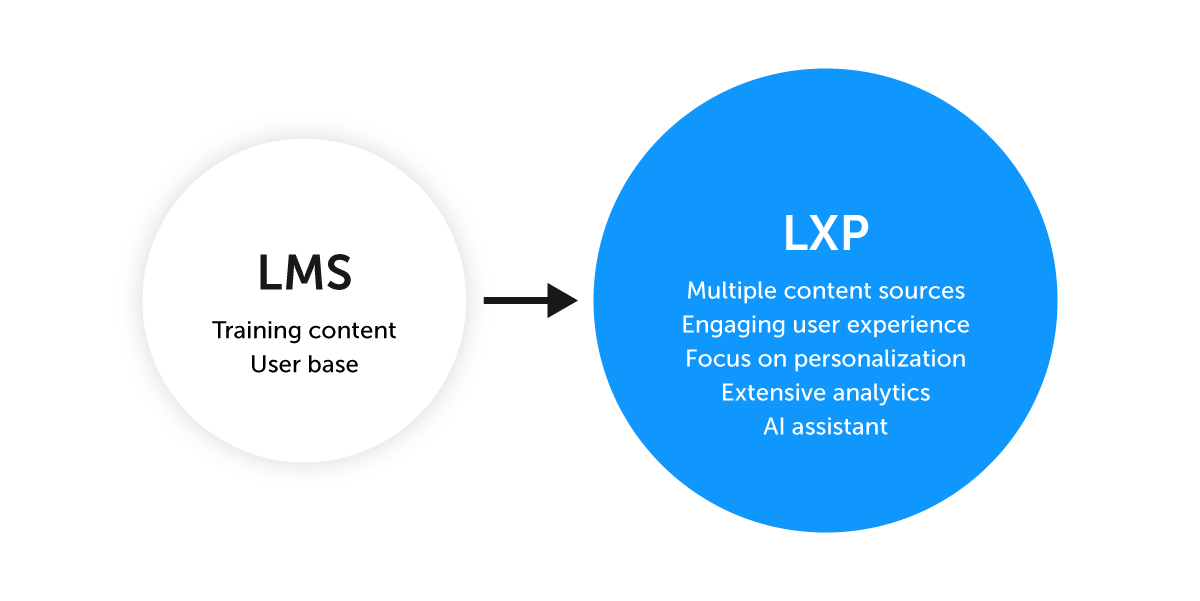Dynamic Learning Duo: Microlearning and LXPs Shaping the Future

In the bustling realm of contemporary business environments organizations are constantly racing to upskill and reskill their workforce to keep pace with the ever-evolving business environment. Two groundbreaking approaches, microlearning and Learning Experience Platforms (LXPs), have emerged as pivotal solutions for reshaping the realm of employee training. Microlearning, known for its delivery of short, focused bursts of educational content, has garnered significant attention for its ability to enhance knowledge retention and engagement. Simultaneously, LXPs have transformed corporate learning and development by prioritizing the learner experience, personalization, and engagement. Together, these innovations offer personalized, accessible, and impactful learning experiences, heralding a new era in employee training.
The history of Learning Experience Platforms (LXPs) may be relatively short compared to other educational technologies, but their emergence and evolution have significantly impacted corporate learning and development.
Rise of Learning Management Systems (LMS)
In the early 2000s, adopting Learning Management Systems (LMS) became widespread in corporate environments. These systems manage and deliver online courses, track learner progress, and administer assessments. Traditional LMS platforms prioritized compliance training, tracking completion rates, and managing administrative tasks related to employee learning and development

Shift Towards Personalized Learning
As organizations recognize the limitations of one-size-fits-all training approaches, the future of learning is personalized, with organizations embracing learner-centric experiences to maximize engagement and impact. Some LMS vendors began incorporating features to support personalized learning, adaptive learning pathways, and social learning functionalities, laying the groundwork for what would later become LXPs.

Emergence of LXPs
The early 2010s marked a shift towards prioritizing the learner experience in corporate training. Organizations sought platforms offering intuitive user interfaces, engaging content experiences, and personalized learning journeys. LXPs emerged as a response to the limitations of traditional LMS platforms, prioritizing the learner experience, personalization, interactivity, and engagement. Critical features of LXPs included content curation, social learning capabilities, user-generated content, adaptive learning pathways, and analytics-driven insights.
- Maturation and Adoption: The LXP market experienced significant growth and consolidation as more organizations recognized the value of prioritizing the learner experience. Established LMS vendors expanded their offerings to include LXP-like features, while new entrants specialized in creating standalone LXP solutions. LXPs began integrating microlearning capabilities into their platforms, playing a central role in supporting employee development initiatives and fostering a culture of learning and innovation.
- Present Day: Evolution and Innovation LXPs evolve with technological advancements, including artificial intelligence (AI), machine learning, and data analytics. These technologies enable greater personalization, adaptive learning experiences, and predictive analytics to drive learning outcomes. LXPs are increasingly integrated with talent management systems and other HR technologies to provide a holistic approach to employee development and talent optimization. Investing in lifelong learning initiatives, they empower employees to drive their own professional growth and career success

Future Outlook
- LXPs are poised for deeper integration with cutting-edge technologies like VR and AI, paving the way for more immersive and engaging learning experiences.
- The collaboration between microlearning and LXPs offers a powerful solution for addressing the evolving needs of modern learners and organizations. Organizations that leverage a powerful blend of personalized learning and cutting-edge technology can unleash the hidden potential within their workforce.
Conclusion
The collaboration between microlearning and LXPs presents a compelling solution to address the evolving needs of modern learners and organizations. As the corporate learning landscape continues to grow, the emphasis on personalized learning experiences and cutting-edge technology will be instrumental in unlocking the workforce’s full potential. With continued innovation and deeper integration with emerging technologies, Learning Experience Platforms (LXPs) will drive organizational success by delivering impactful learning experiences that foster continuous development and growth. In the digital age, the dynamic duo of microlearning and LXPs empowers organizations to build an agile, adaptable, and resilient workforce ready to face any challenge.

